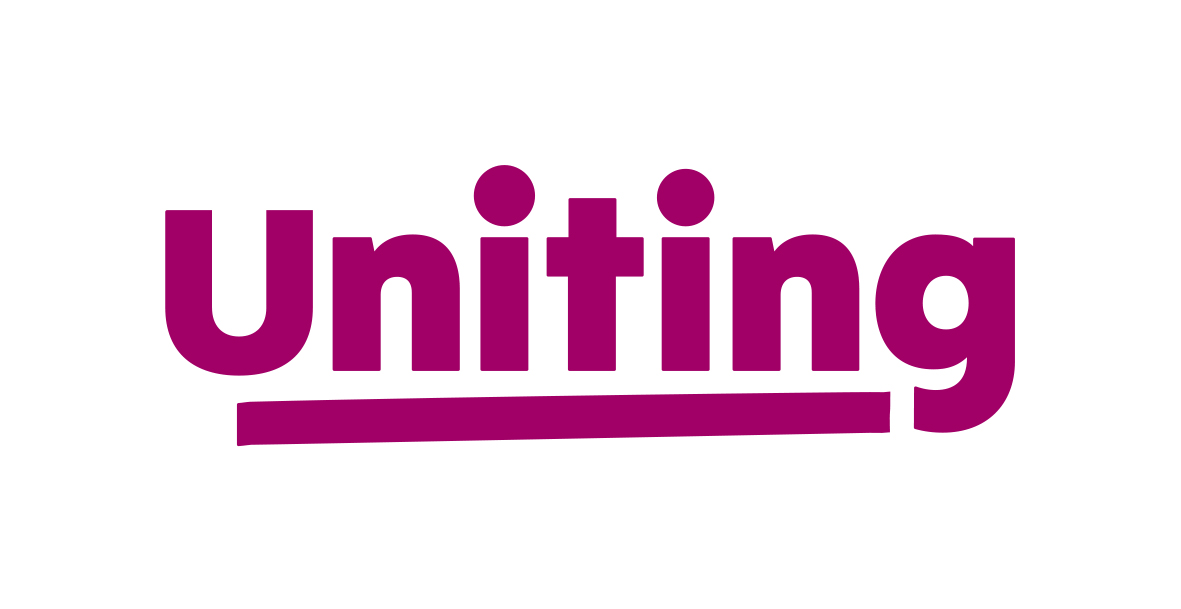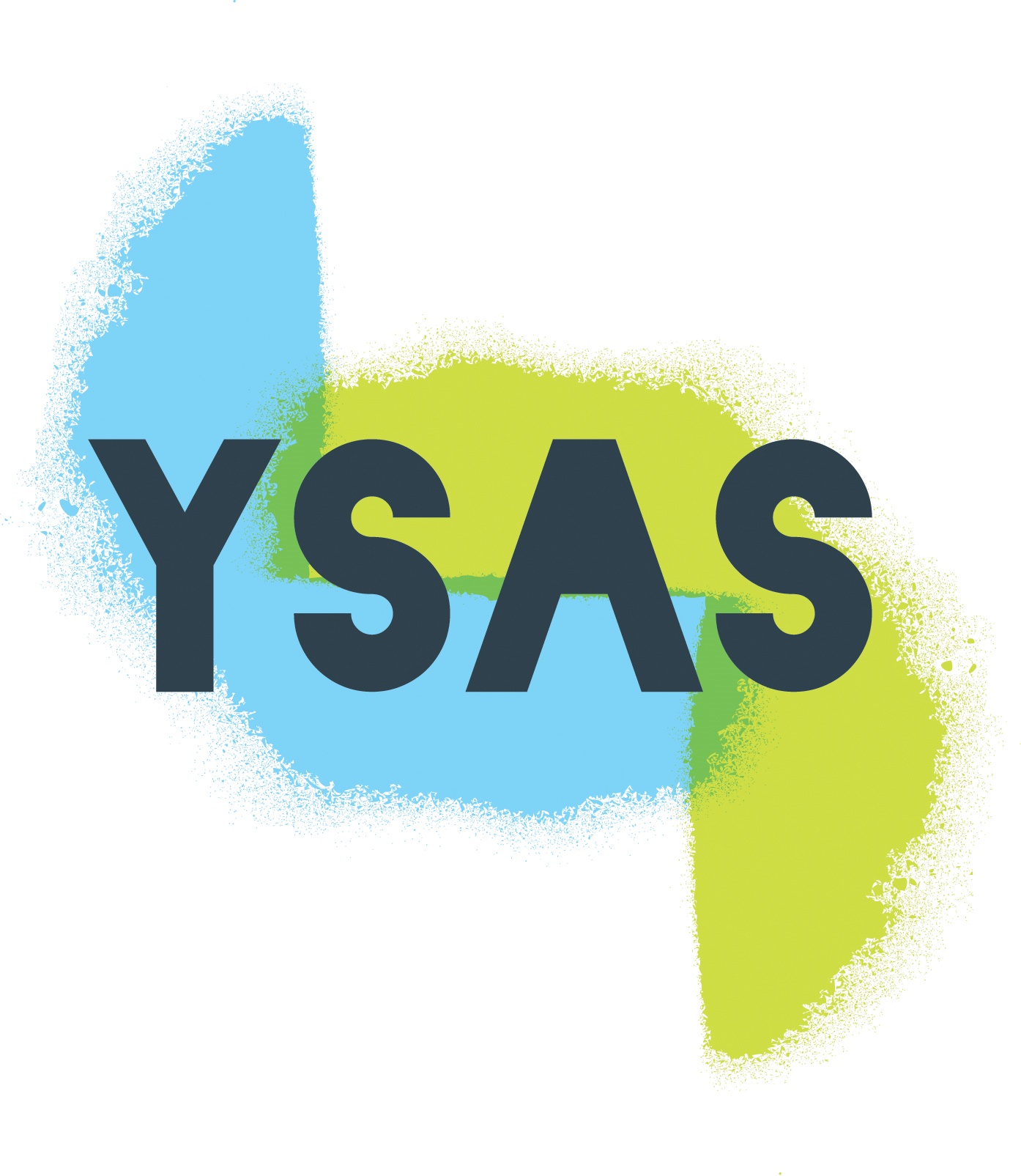IMPORTANT: registrations for training will become live approximately two months prior to start of training. To enrol in this or any training, you must click the link below and fill in the registration. If you do not complete the registration, you will not have a place in the training. If you experience a broken link, please get in touch with us at elevate@vaada.org.au
****
Understanding the social and biological factors that precipitate substance use in a young person is important, but support for young people in AOD withdrawal is not just about addressing the substance use.
The young person should be viewed through a bio-psycho-social lens, assessing risk factors and protective factors in the young person’s life as well as any barriers to accessing health care.
These guidelines have been developed primarily for use by YSAS staff, but also to assist individuals with a broad range of backgrounds including General Practitioners, Youth AOD services, community agencies and others to support adolescents in the community seeking to undergo AOD withdrawal.
The training will be split into two sections. Section one will be co facilitated with a senior nurse to cover medical/ clinical approaches to withdrawal. Section two will cover the biopsychosocial approaches to withdrawal
Learning outcomes:
Part 1 – AOD withdrawal – Clinical
- Adolescent Brain Development and Substance misuse
- Substance Use Disorders
- Use of Withdrawal Scales in Young People
- Medications to Support AOD Withdrawal in Young People
- AOD Withdrawal Treatment Options for Young People
- Alcohol and Other Drug Withdrawal presentations in Young People
Part 2 – Biopsychosocial approaches to withdrawal
- Using Risk and Protective Factors to advise AOD withdrawal approach
- Care planning during withdrawal:
– Nutrition
– Sensory Somatic practices
– Trauma-informed practice
– Sleep hygiene- Stages of change
– Brief intervention- Distraction techniques
– De-escalation



